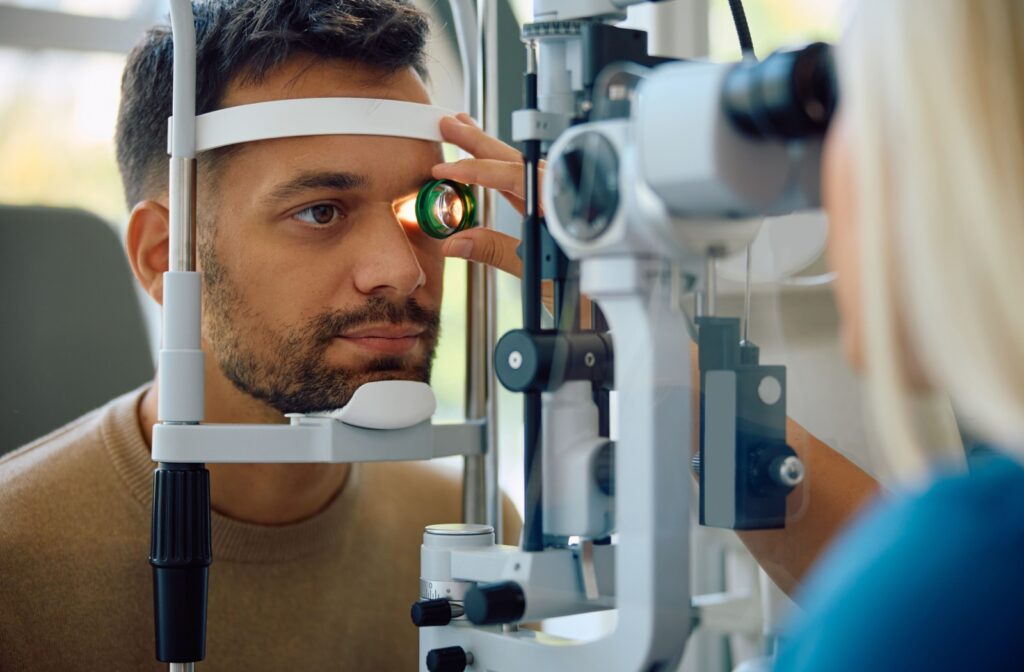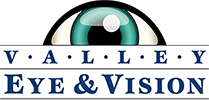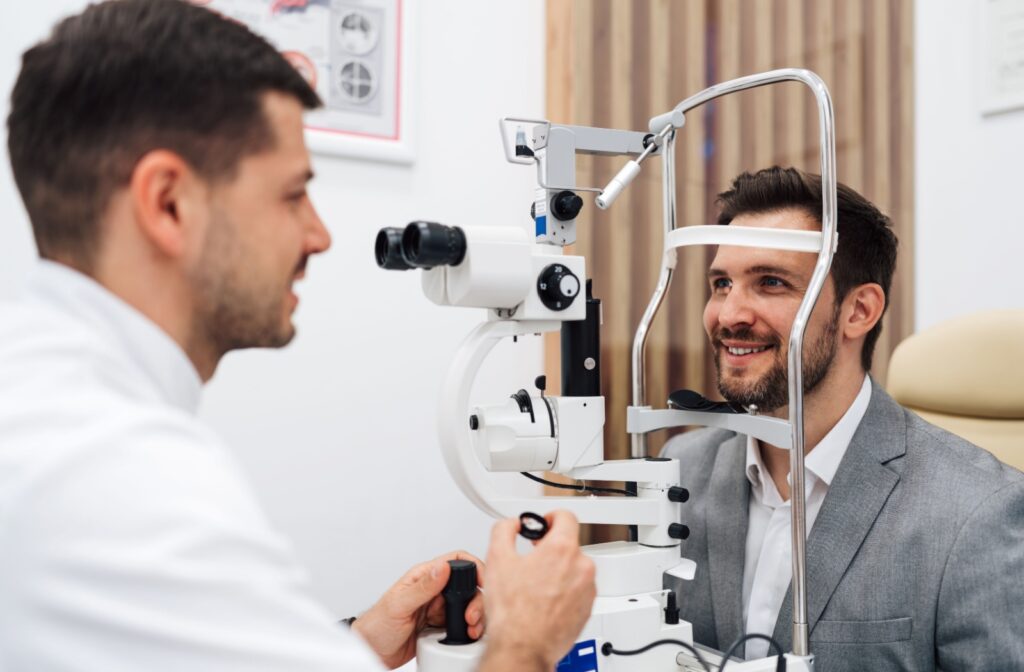Ever wondered how much time you need to set aside for an eye exam? They don’t take as long as you might think. On average, a comprehensive exam lasts about 45 minutes to an hour, depending on your needs.
If you wear contact lenses or are interested in trying them, your exam might include additional testing to measure the fit of the lenses and the health of your eyes, adding a bit more time but ensuring your lenses work perfectly for you.
Whether it’s your first visit in a while or a routine check-up, the time spent is well worth it to protect your vision and overall eye health. Plus, with the right preparation, your appointment can run even more smoothly.
Curious about what makes up the time of an eye exam? Let’s break it down.
How Long Is the Average Eye Exam?
Most standard eye exams take around 45 minutes to an hour. These appointments are designed to:
- Assess your vision
- Check for any issues
- Determine if you need glasses or an updated prescription
For most people, this time frame includes the tests and discussions with your optometrist. But not every eye exam will stick to the same schedule. It can vary depending on your needs and the specifics of the appointment.
What Can Affect Eye Exam Duration?
Not all eye exams are created equal, and the time required can depend on several things. Some common reasons your appointment might take a little longer include:
- Your medical history: If you have a history of eye conditions like glaucoma or diabetes, more tests may be needed to evaluate your situation thoroughly.
- First-time patient: If this is your first visit, you’ll likely spend extra time filling out forms, providing background information, and discussing your eye health.
- Advanced testing: Some exams incorporate specialized tests, such as pupil dilation or retinal imaging. These can add to the length of the appointment.
- Vision changes: If you’ve been experiencing significant changes in your vision, your optometrist might need extra time to investigate and discuss solutions.
What Happens During an Eye Exam?
A typical eye exam involves a series of steps to check your vision and eye health.
Preliminary Testing
Your eye care professional or a technician will start with basic assessments. This includes measuring the shape of your eye and conducting a quick test of your prescription using an autorefractor.
Vision Test
You’ll read letters off a chart to evaluate your visual clarity at different distances. This test helps determine whether you might need new glasses or contact lenses.
Eye Health Check
The optometrist examines your eyes for signs of conditions such as cataracts or macular degeneration. Sometimes, tools like slit-lamp microscopes are used for a closer look.
Additional Tests (If Needed)
Depending on the findings, extra exams like pupil dilation or visual field testing may be performed. These can add more time but provide a comprehensive view of your eye health.
Does a Comprehensive Eye Exam Take Longer?

A comprehensive eye exam often takes closer to 45 minutes to an hour. This type of exam digs deeper than a regular vision check and is ideal if it has been several years since your last visit or if you’ve noticed significant changes in your eyesight. Comprehensive exams might include dilation, which adds about 15 to 20 minutes for the eye drops to take effect.
While the extra time might feel inconvenient, it’s an important step to catch any potential issues early and ensure your eyes stay in tip-top shape.
Eye Exam Times for Contact Lens Wearers
If you wear contact lenses or are considering trying them, plan for a slightly longer appointment. A contact lens fitting includes additional measurements like the surface of your eye and tear production. This is important to ensure the lenses fit comfortably and don’t cause any irritation.
For first-timers, your optometrist might also guide you on how to insert, remove, and care for your lenses. These fittings can add anywhere from 20 to 30 minutes on top of the usual exam.
Tips to Prepare for a Faster Eye Exam
Want to make your eye exam go as smoothly and quickly as possible? Here are some tips to save time during your visit:
- Bring your current prescription or eyewear: If you already wear glasses or contact lenses, bring them along. This helps your optometrist assess whether your current correction is still effective.
- Have your medical information handy: Come prepared with details about any medications you’re taking or existing health conditions. These can influence your vision and might be critical information during the exam.
- Be honest about symptoms: If you’re noticing blurry vision, headaches, or strain, share this information at the start of your appointment. It can help guide the optometrist toward the right tests quicker.
- Complete forms early: If you’re a new patient, check if the clinic offers online forms to fill out ahead of time. This could save you a good 10 minutes or more on-site.
- Arrive on time: Showing up a few minutes early ensures things stay on schedule and you don’t feel rushed.
What to Expect During Your Eye Exam Appointment
By the time your exam starts, you’ll already have a good understanding of what to expect. The process tends to be smooth, thanks to the clinic’s preparation and technology. You’ll likely spend part of the time with a technician for preliminary tests and the remainder with the optometrist, who reviews results and answers your questions.
Be sure to ask any questions about your vision or the results! This is a great opportunity to lean on your optometrist’s expertise.
Scheduling Your Eye Exam
At the end of the day, getting an eye exam is about prioritizing your vision. Whether your appointment is 45 minutes or runs closer to an hour, it’s an important check-in to catch issues early, ensure your prescription is up to date, and fine-tune your eyesight.
If you’re ready to book your next eye exam, don’t delay. Book an appointment with Valley Eye & Vision Clinic.


